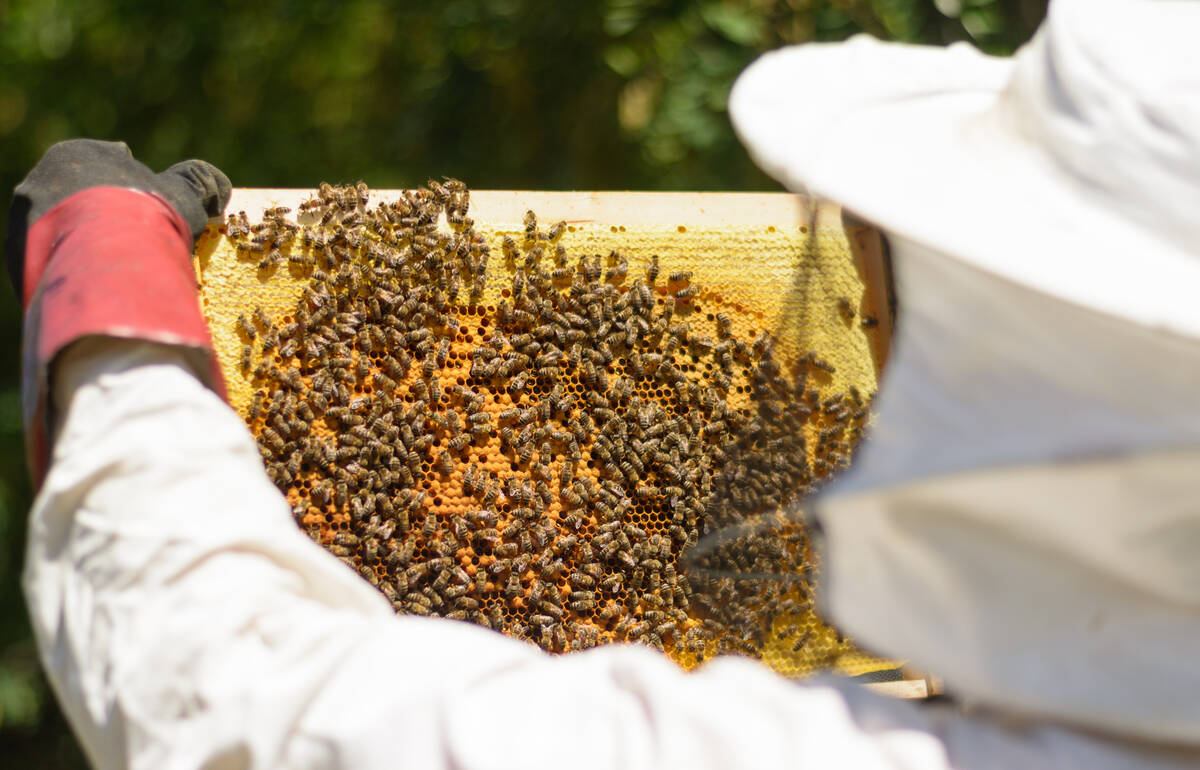Farms seeking employees need to offer more comprehensive benefits, incentives and work-life balance measures if they want job postings to get traction, according to a new survey from the Canadian Agricultural Human Resources Council.
“While some agriculture employers offered these benefits, many participating organizations do not offer any flexible work arrangements or basic benefits like sick days,” says a summary report on CAHRC’s 2024 survey of compensation in Canadian agriculture.
Why it matters: Last year, CAHRC estimated Canada’s agricultural labour gap would reach 101,100 positions by 2030.
Read Also

Malta bee exporter blasts criticism from Canadian beekeepers
A honeybee exporting firm on the Mediterranean island of Malta says they’re collateral damage to a dust-up in the Canadian honey sector over imports of replacement bees.
The survey encompassed 140 organizations comprising 609 employees across five farming sectors: grain and oilseed, dairy, swine, apiculture and aquaculture. The survey was limited to those sectors due to limited funding, said executive director Jennifer Wright.
It found that 44 per cent of farms offer employees paid sick time. Hog farms are most likely to provide it (56 per cent) and apiculture is least likely.
Most grain and oilseed (between 60 and 70 per cent), dairy (about 60 per cent) and swine farms (nearly 90 per cent) offer employees vacation ranging from 11 to 13 days off.
In Manitoba, farms must provide employees with at least two weeks of vacation time per year, according to provincial employment standards. If they’ve worked for five or more years, employees must receive three weeks. Vacation pay is calculated as a percentage of gross earnings the previous year.
That requirement is waived for family members working on-farm.
Farms are not required to provide paid sick time, but all employees must be allowed three unpaid “personal days” per year, said Janice Goldsborough, an HR consultant who has worked with the Manitoba Pork Council and Keystone Agricultural Producers.
Finfish (aquaculture) farms were most likely to offer health insurance (just over 80 per cent), according to the survey. Swine farms came next, with nearly 70 per cent reporting health insurance, compared to about 30 per cent of dairy farms and 60 per cent of grain and oilseed farms.
Manitoba farms are not required to provide health benefits unless they employ temporary foreign workers, Goldsborough said.
Drawing people
Benefits like health insurance can help attract and retain employees.
Rick Préjet, a hog farmer from Notre Dame De Lourdes and chair of the Manitoba Pork Council, said his farm has offered a full benefits package, including health insurance and a pension plan, since it was founded 30 years ago.
“For sure there’s a cost … but we see it more as an investment,” he said. “The first person I hired 30 years ago came and said, ‘if you didn’t have a pension plan, there’s no way I would leave Winnipeg and come work for you.’”
Préjet’s farm, like many businesses in the agri-food sector, relies heavily on foreign and immigrant workers.
For some demographics, benefits may outweigh a higher salary. Goldsborough teaches an HR course in the University of Manitoba’s faculty of agriculture. When surveying her students, she found that younger, single people tend to prioritize a higher salary, while those who are older and have families opt for better benefits.
Cost is a likely limiting factor.
“Smaller farms can’t afford to offer things like sick days or benefits,” Goldsborough said.
Some farms will provide employees with informal benefits in the form of a health spending account, under which employees can submit health expenses and be reimbursed up to certain amounts annually.
Wages
The CAHRC survey showed grain and oilseed farms consistently pay the highest wages among the agricultural sectors surveyed. The weighted average wage for farm managers was nearly $38 per hour, while workers made around $27. Farm managers on dairy farms on average made nearly $26 and workers made $21. Hog farms paid managers a bit less than $32 per hour on average and workers about $21.
For comparison, employees in the construction sector in 2023 were paid nearly $36 per hour on average across all roles, Statistics Canada data shows. Manufacturing paid an average of $33.50. Transportation and warehousing paid nearly $33. Accommodation and food services paid just under $22 per hour on average across all positions.
The struggle to compete on compensation is only one factor, Wright said. She pointed to rural population decline, the type of work and a squeeze on the general workforce as baby boomers retire.
Préjet indicated another factor.
“I think for the most part, most farms are paying what they can. One of the things in agriculture that we don’t have is the ability to pass on [cost] increases … We’re price takers in this market.”
Lower housing costs in rural areas could make up some of the differential, he added.
“If we could guarantee ourselves making, you know, 20 per cent more, would we give more to our workers? Yeah, we probably would. It’s a whole maze with what you’ve got to consider when looking at salaries.
“We’ve been around long enough to know the good people. We pay them well.”
CAHRC estimated the agricultural labour gap at 87,700 positions as of 2023.
















